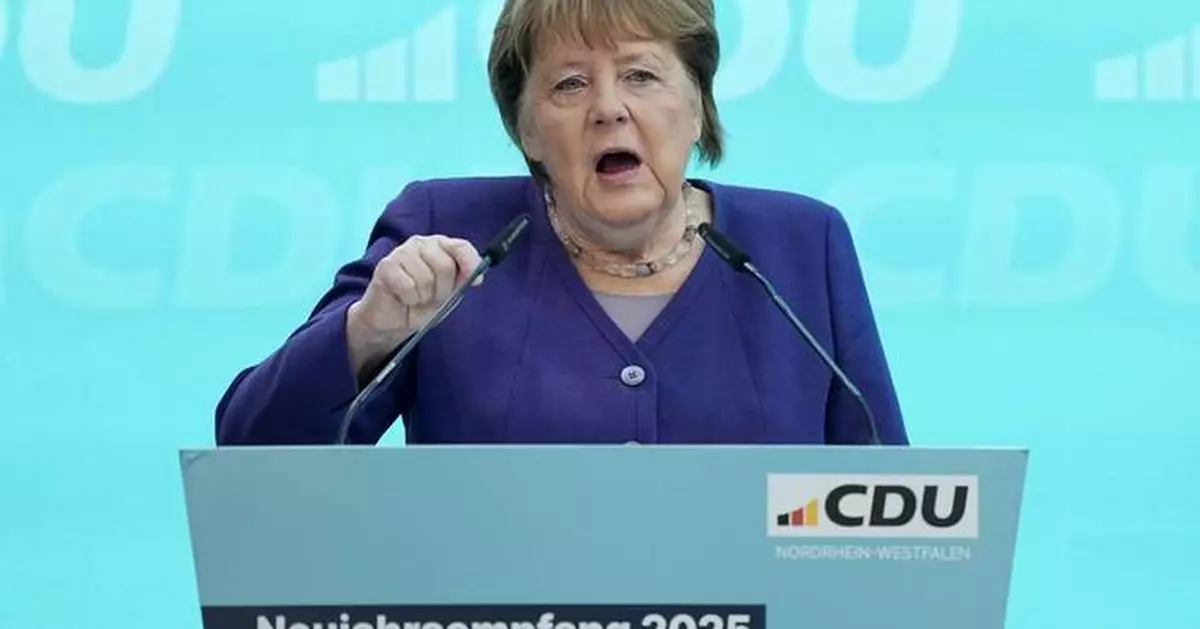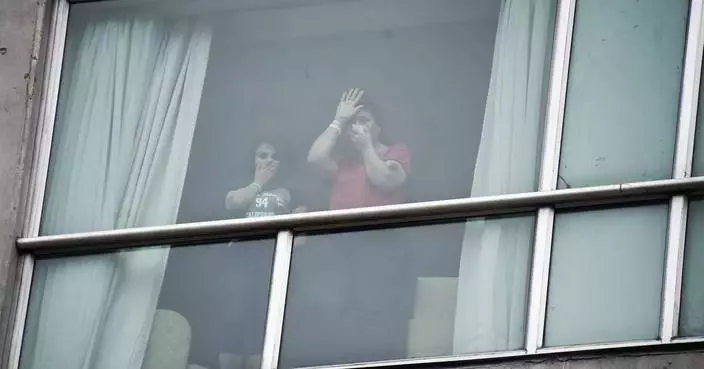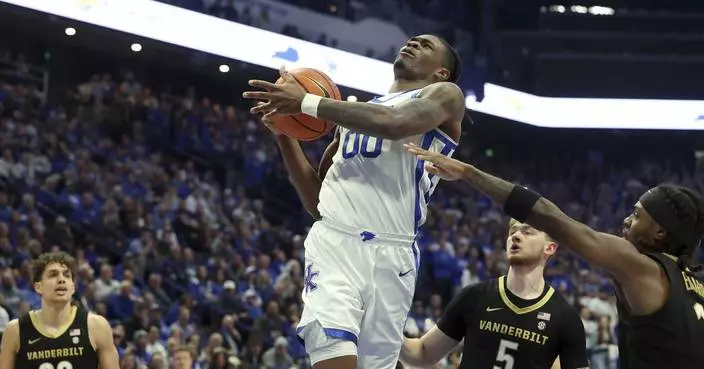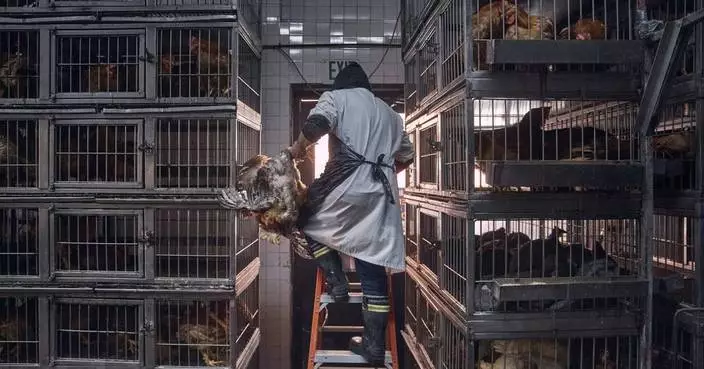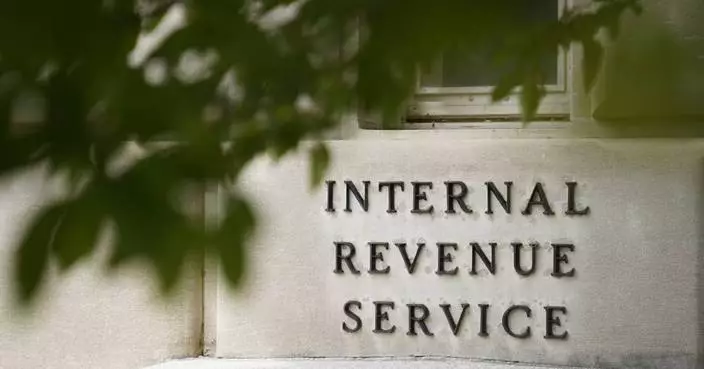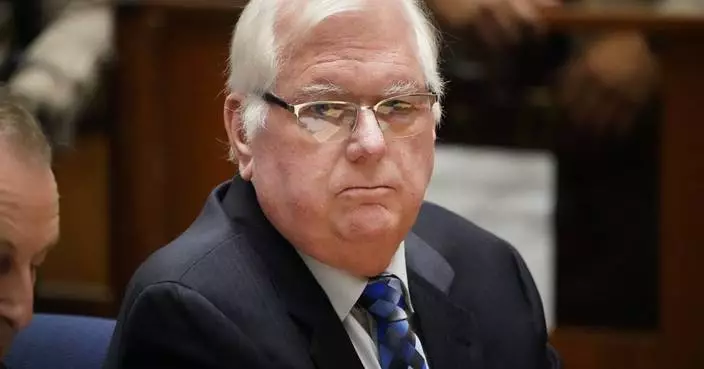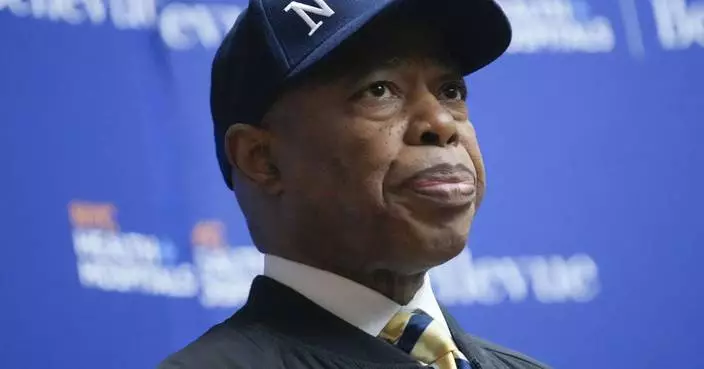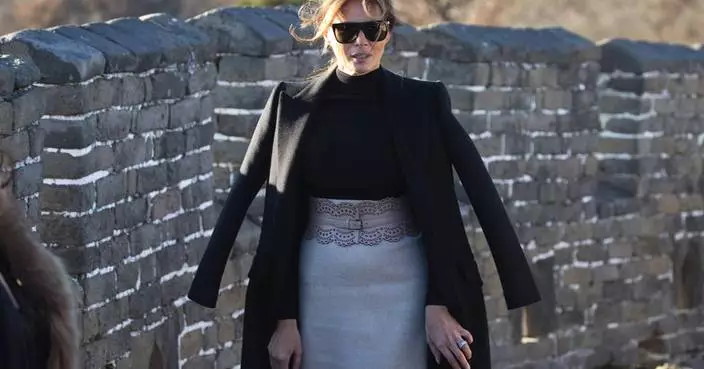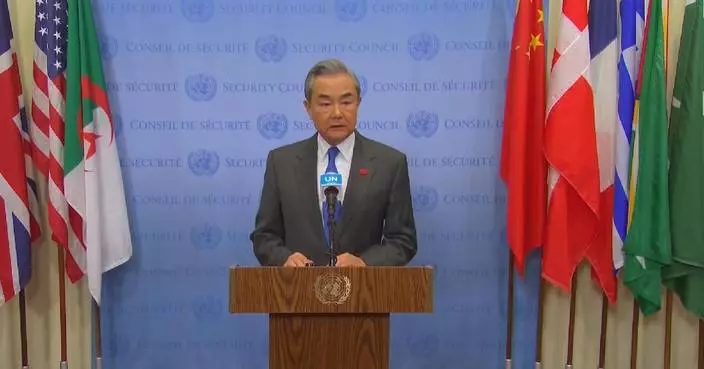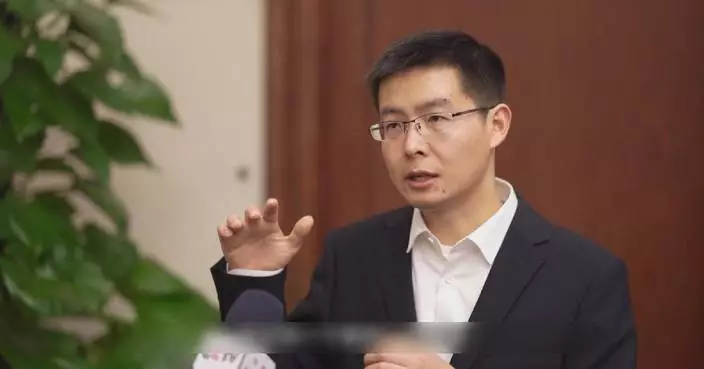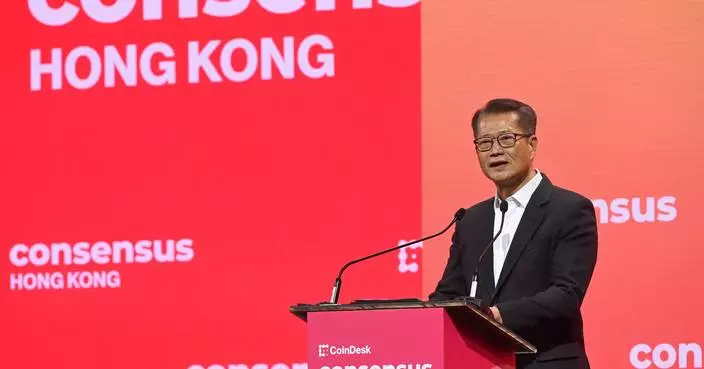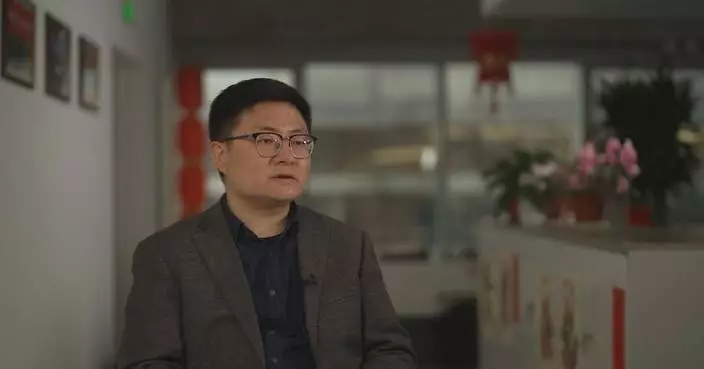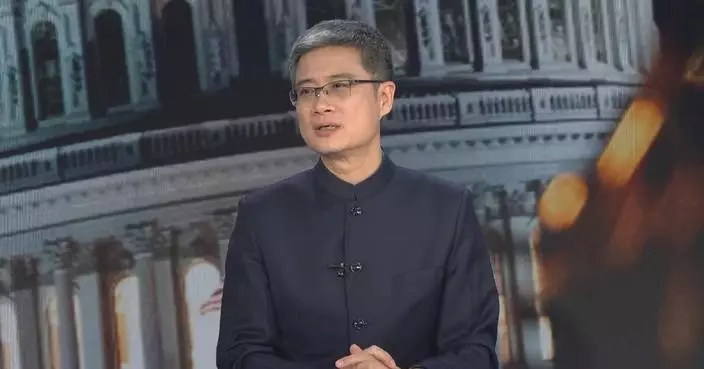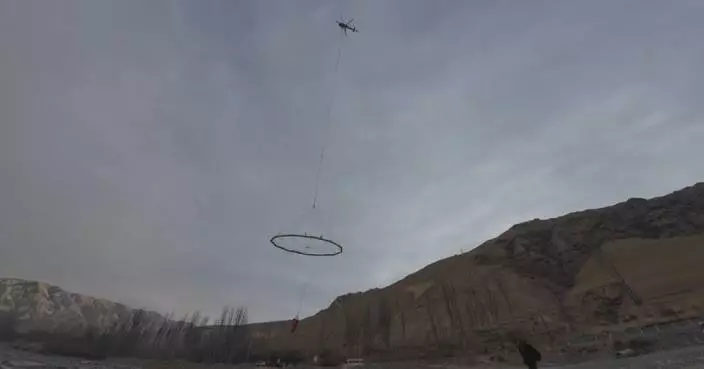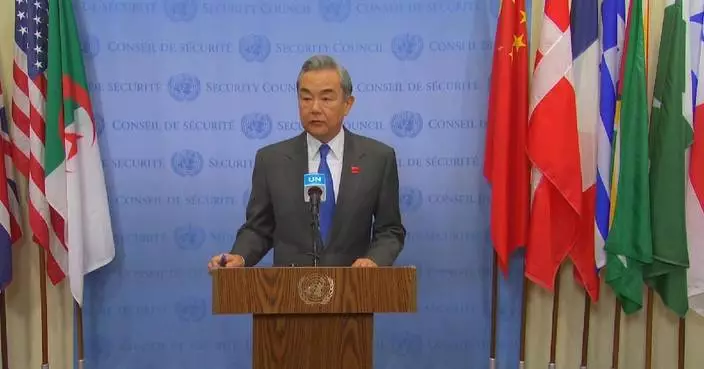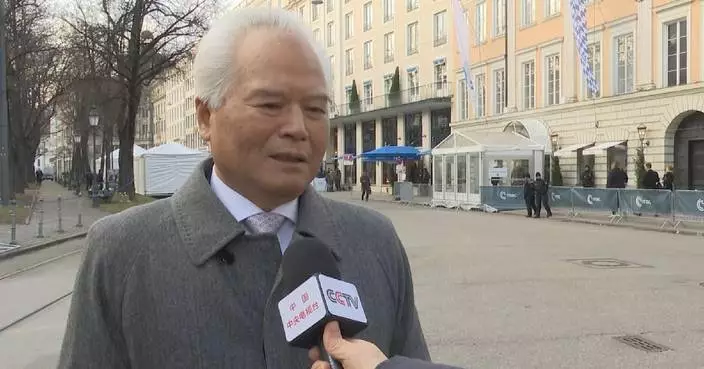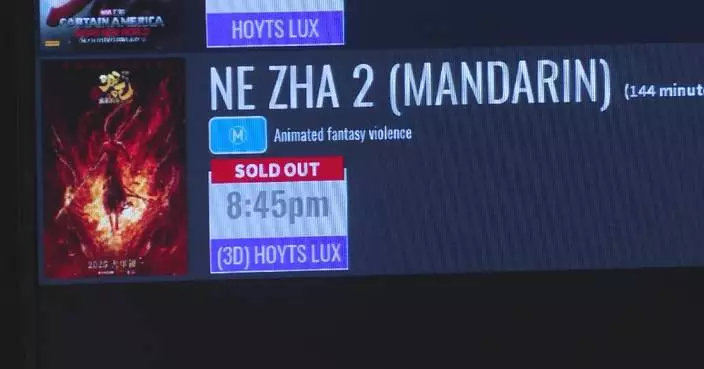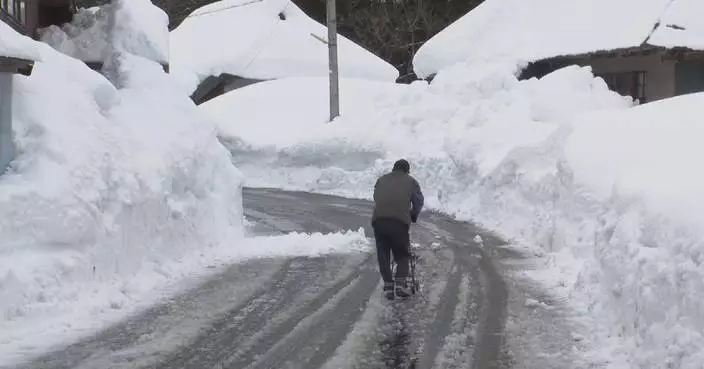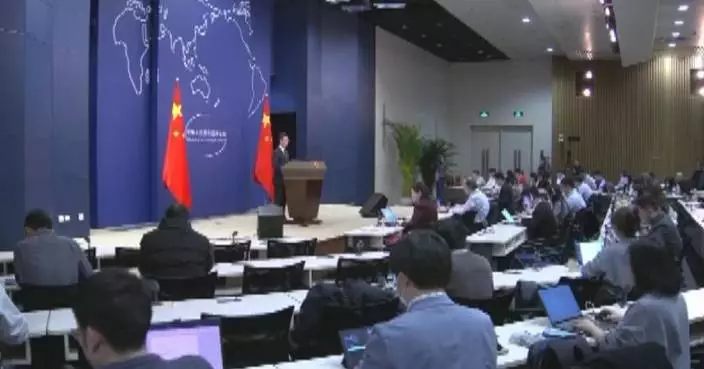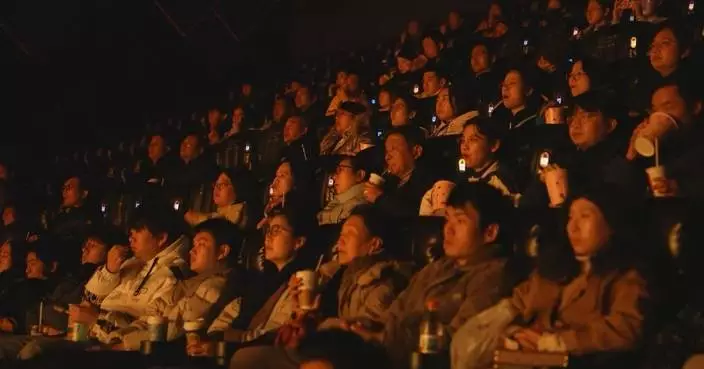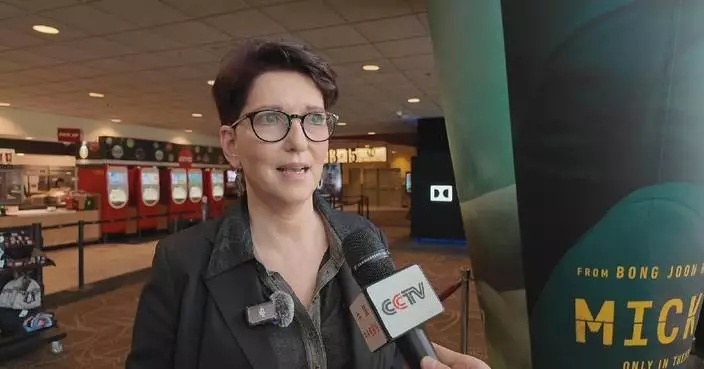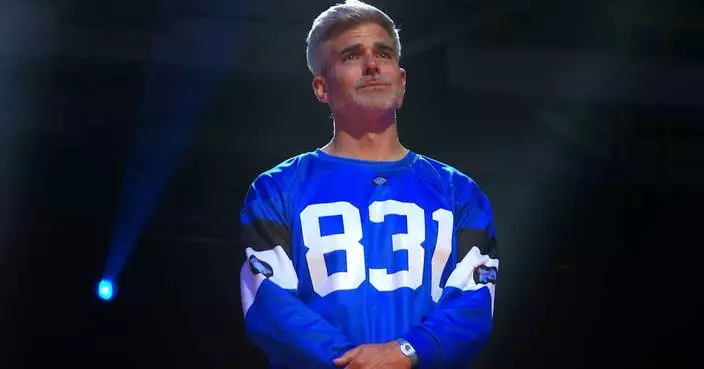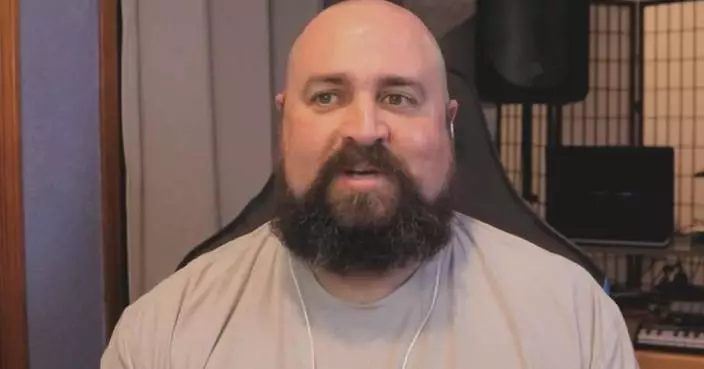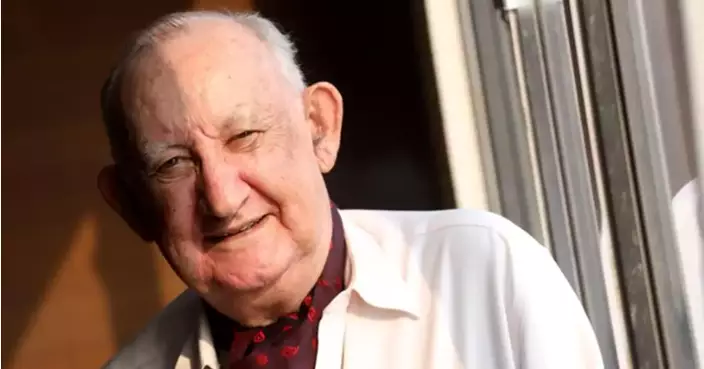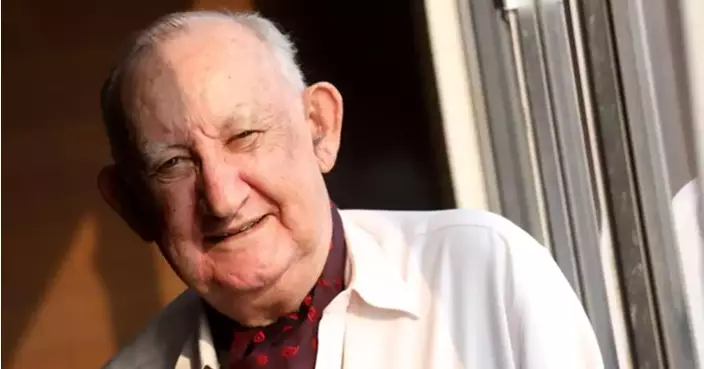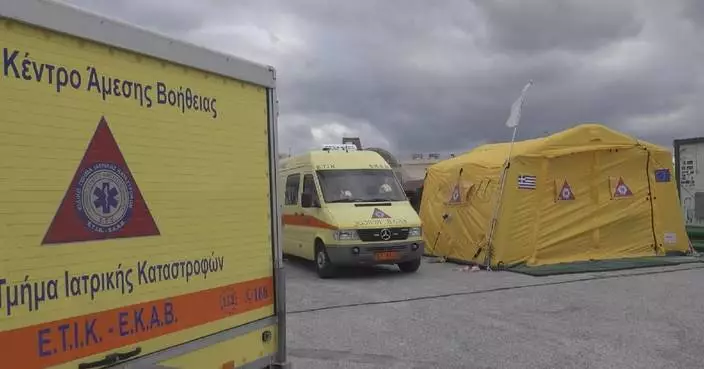BERLIN (AP) — Former German Chancellor Angela Merkel on Thursday issued rare public criticism of her successor as the country's center-right leader, the front-runner in Germany's election next month, for putting to parliament proposals for tough new migration rules that only passed with the help of a far-right party.
Germany's center-left governing parties have cast doubt on whether conservative leader Friedrich Merz can still be trusted not to bring the far-right Alternative for Germany, or AfD, into government after Wednesday's events. He insists that he didn't and won't work with it, and that he didn't break a political consensus, often called a “firewall,” to shun the party. But Chancellor Olaf Scholz said Merz made “an inexcusable mistake."
Merz, determined to show his center-right Union bloc's commitment to cutting irregular migration after a deadly knife attack last week by a rejected asylum-seeker, put a nonbinding motion to parliament calling for Germany to turn back many more migrants at its borders, although it might need AfD's backing to pass. The measure squeaked through thanks to the far-right party's support.
Polls show Merz’s Union leading ahead of the Feb. 23 election with around 30% support, while AfD is second with about 20%, and Scholz’s center-left Social Democrats and their remaining coalition partners, the Greens, are further back.
Merkel, a former leader of Merz's Christian Democratic Union, noted in a rare statement that Merz had said in November that no measures should be passed with AfD's support before the Feb. 23 election.
She said she supported that position but “I think it was wrong no longer to feel committed to this proposal and, on Jan. 29, to enable with open eyes for the first time a majority with votes from AfD in a vote in the German parliament.”
Merkel added that “all democratic parties” must work together — “not as a tactical maneuver,” and while respecting European Union law — to do everything to prevent attacks such as last week's and others in recent months in which the suspects were immigrants.
Merz took over the CDU after Merkel, a former rival, stepped down as chancellor in 2021. A more conservative figure, he has taken a more restrictive stance on migration. He said last week that Germany has had a “misguided asylum and immigration policy” for a decade — since Merkel allowed large numbers of migrants into the country.
Merkel has largely kept a low profile since leaving office, doesn't usually comment on day-to-day politics and is no longer actively influential in her party. However, her intervention could be problematic for Merz.
Merz appears to hope that he will gain support by making the Union look decisive in forcing a tougher approach to migration, blunting the appeal of the anti-immigration AfD, while making center-left Scholz and the Greens look weak. It's uncertain whether that will succeed.
AfD lawmakers celebrated after Wednesday's vote while others sat stony-faced. Merz said he had sought a majority in the “democratic center” and he regretted that didn't happen. But he also insisted that “a correct decision doesn't become wrong because the wrong people approve it.”
On Friday, the Union plans to call a vote on months-old proposed legislation that calls for an end to family reunions for migrants with a protection status that falls short of asylum. The measure also could pass with AfD votes, though it would need approval from parliament's upper house, which is uncertain.
This week's events soured the political atmosphere and may complicate efforts to form a coalition after the election, which could leave Merz needing center-left parties to take power.
Wolfgang Schroeder, a political science professor at the Berlin Social Science Center, said they were a “breach of the informal firewall” and a “toxic intervention by Merz and the CDU," which may help them in this election but are likely to have negative effects in the longer term.
He said this week's goings-on in parliament are “symbolic politics that one must not underestimate” but also said he “would be cautious with the category of an epochal, historic moment.”
Kerstin Sopke in Berlin contributed to this report.
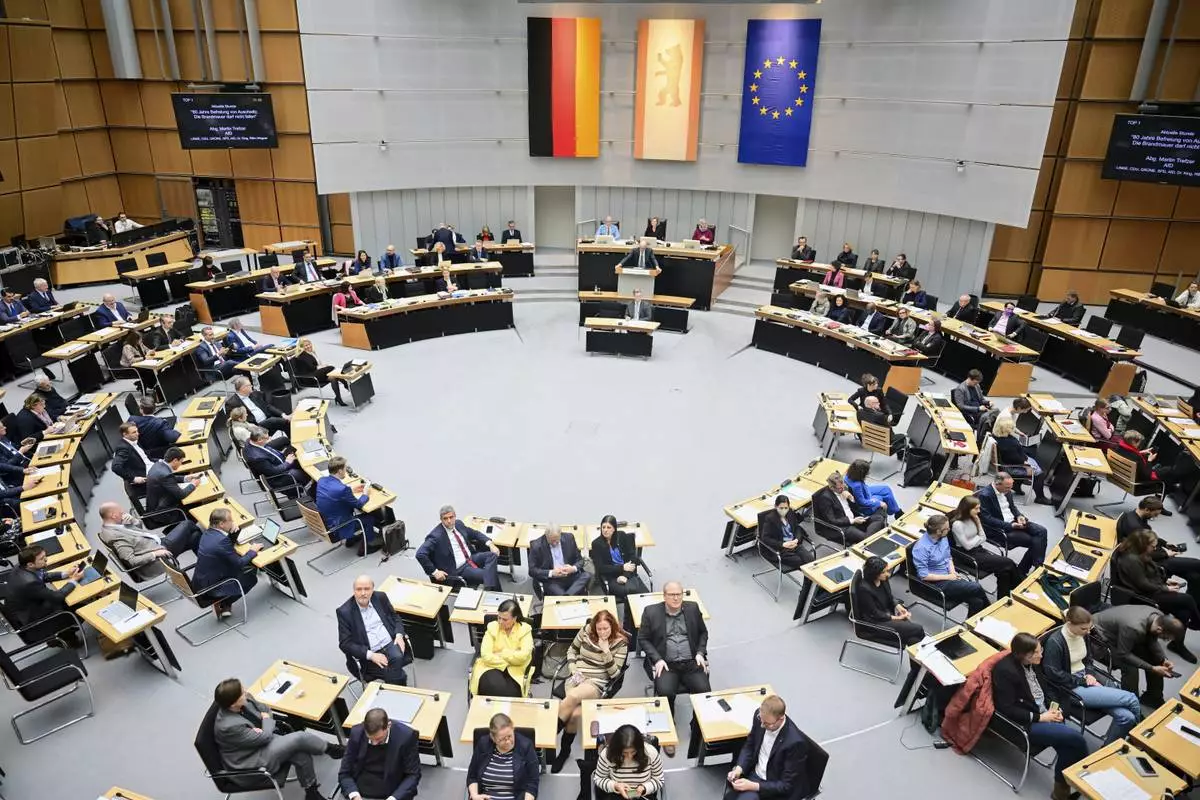
Members of parliament from the SPD, Green and Left parties turn their backs to the speaker during a speech by Martin Trefzer (AfD), member of the Berlin House of Representatives, during the 60th plenary session of the Berlin House of Representatives, in Berlin, Thursday, Jan. 30, 2024. (Sebastian Christoph Gollnow/dpa via AP)
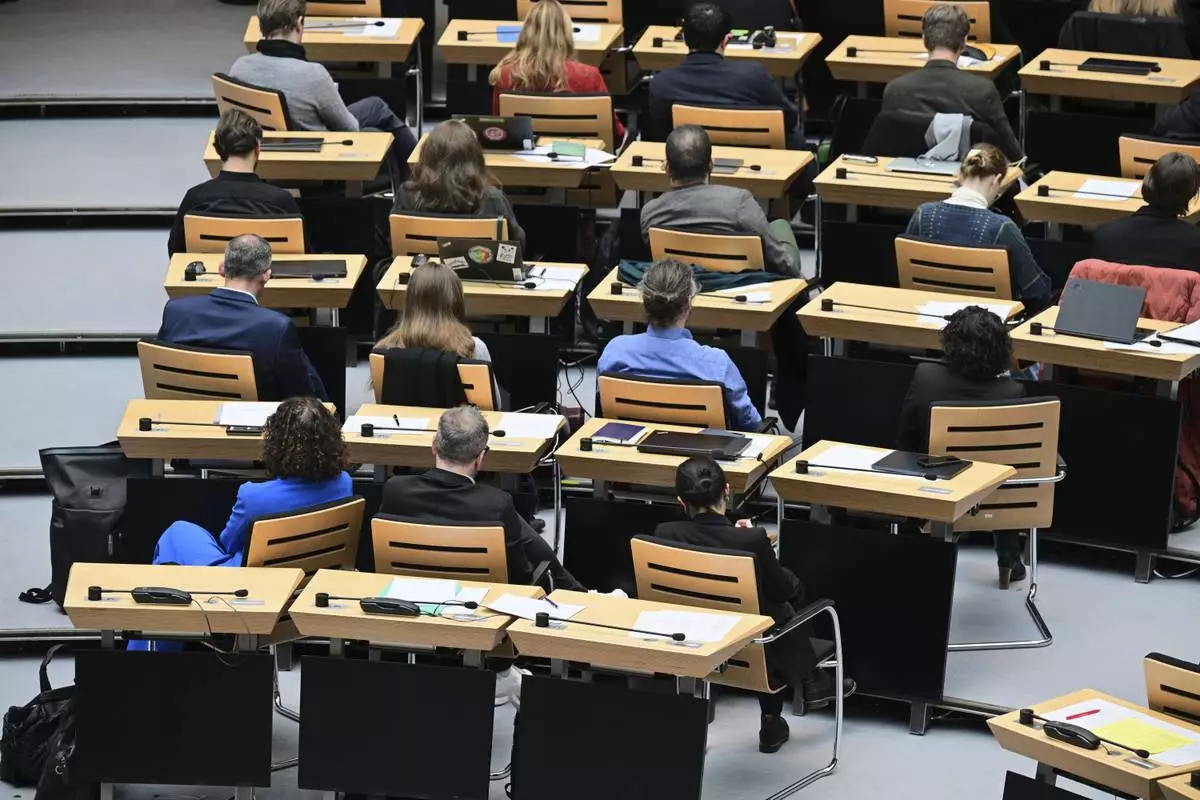
Members of parliament from the Green partiy turn their backs to the speaker during a speech by Berlin AfD MP Martin Trefzer, member of the Berlin House of Representatives, during the 60th plenary session of the Berlin House of Representatives, in Berlin, Thursday, Jan. 30, 2024. (Sebastian Christoph Gollnow/dpa via AP)
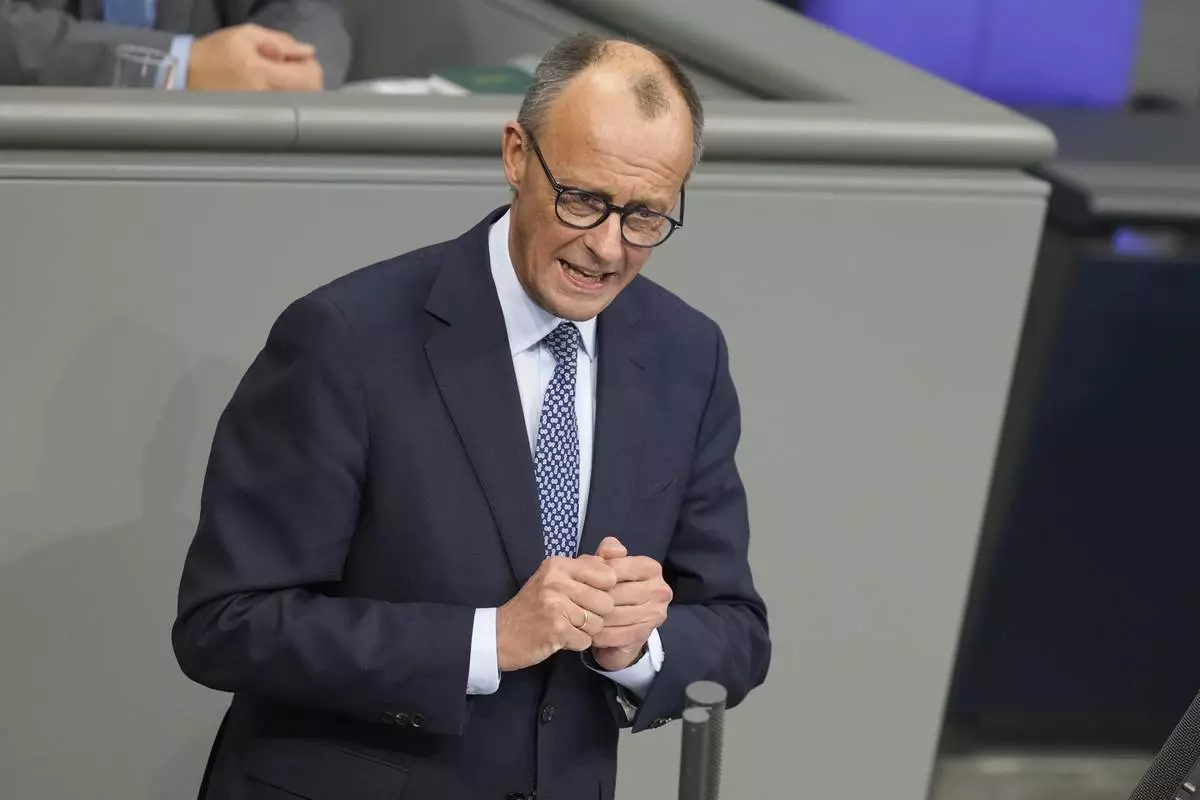
German opposition leader and Christian Union parties floor leader Friedrich Merz speaks at a debate about migration at the German parliament Bundestag in Berlin, Germany, Wednesday, Jan. 29, 2025. (AP Photo/Markus Schreiber)

FILE -Former German Chancellor Angela Merkel delivers a speech during a reception of the North Rhine-Westphalian Christian Democratic Union, CDU, in Duesseldorf, Germany, Jan. 18, 2025, ahead of the federal elections in February. (AP Photo/Martin Meissner, File)


